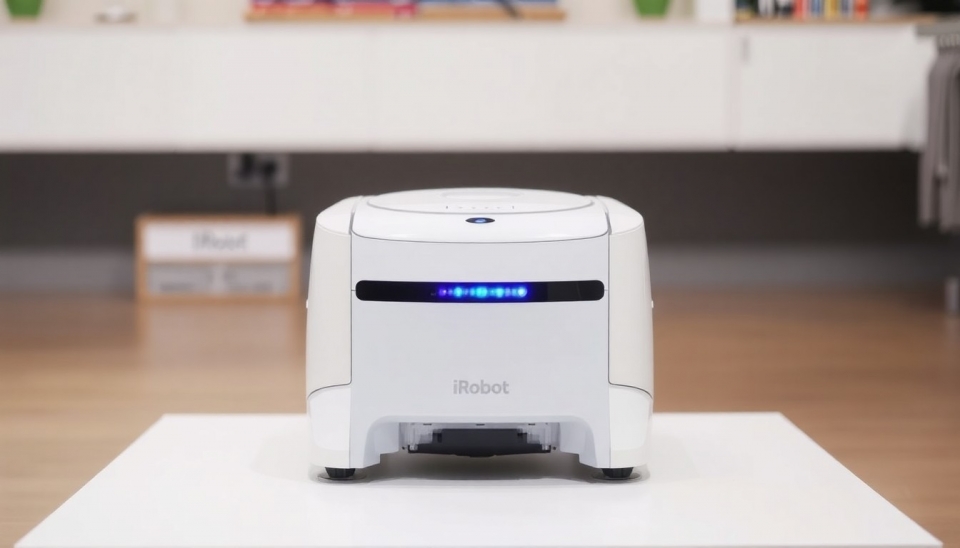
iRobot, the maker of the popular Roomba vacuum, has recently indicated concerning signs about its future, stirring speculation and intrigue among investors and tech enthusiasts. Once regarded as a prospective acquisition target for retail giant Amazon, the company's latest developments reveal a shift in focus that raises doubts about its viability moving forward.
Initially, iRobot captured significant attention as a candidate for acquisition due to its innovative technology and the potential synergy with Amazon's smart home ecosystem. However, with recent changes in market dynamics and leadership stances, iRobot now appears to be distancing itself from any future acquisition talks. This departure from the trajectory that seemed increasingly aligned with Amazon reflects the evolving landscape of the tech market and shifts in corporate strategy.
CEO Colin Angle hinted at this shift during the last earnings call, expressing optimism but also acknowledging the challenges that lie ahead. Despite the company's robust history of market presence, the increased competition within the smart home industry and broader economic factors have compelled iRobot to reassess its strategies. According to several analysts, a clear path forward remains elusive, with dwindling sales and pressures from potential competitors posing significant concerns.
Moreover, the company's recent financial reports have not been encouraging. iRobot has experienced a decrease in sales and struggles with operational costs, leading to tough decisions on future innovations and product lines. The ongoing issues signal a need for renewed strategic direction, and it appears that the management is considering multiple avenues to stabilize and enhance the brand's position in an increasingly crowded market.
While there was once optimism surrounding iRobot's future, the current environment is fraught with challenges. As competitors in the robotic vacuum space become more aggressive and consumer preferences shift, iRobot must pivot carefully to ensure it remains a key player, rather than fading into obscurity. The looming doubt over its future trajectory follows not just the shifts within the company, but also broader consumer tech trends that indicate a significant refocus on functionality and affordability amidst economic uncertainty.
In conclusion, iRobot's situation presents a cautionary tale about the fast-paced nature of technology and market relations. Expectations surrounding its acquisition by a powerhouse like Amazon have dissipated, leaving the company at a crossroads. The coming months will be critical as iRobot navigates through these uncertain waters, striving for innovation and relevance in a continually transforming industry.
As stakeholders look on, the need for agile pivots and clear management decisions cannot be understated if iRobot seeks to reclaim its former glory in the smart home arena.
#iRobot #Amazon #Acquisition #TechNews #SmartHome #Innovation #MarketTrends #RoboticVacuum #ConsumerTech
Author: Emily Collins




